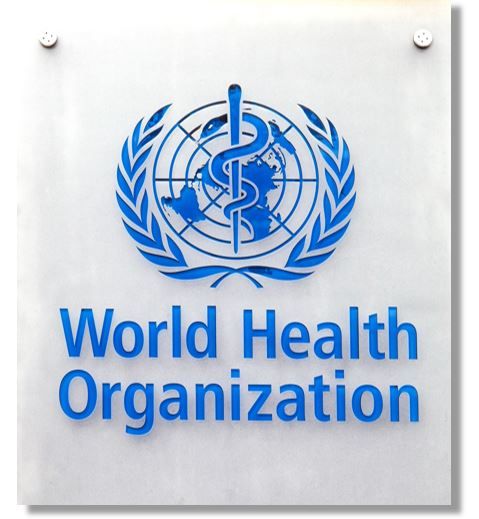- Clinical Technology
- Adult Immunization
- Hepatology
- Pediatric Immunization
- Screening
- Psychiatry
- Allergy
- Women's Health
- Cardiology
- Pediatrics
- Dermatology
- Endocrinology
- Pain Management
- Gastroenterology
- Infectious Disease
- Obesity Medicine
- Rheumatology
- Nephrology
- Neurology
- Pulmonology
WHO Guideline Update Recommends Against 2 COVID-19 Monoclonal Treatments
The World Health Organization strongly recommends against using two monoclonal antibody COVID-19 treatments in updated guidelines.
In the new guidelines, which were published in the British Medical Journal, WHO indicated that GSK/Vir’s Xevudy (sotrovimab) and Regeneron’s Regen-Cov (casirivimab-imdevimab) have “meaningfully reduced neutralization activity of the currently circulating variants of SARS-CoV-2 and their subvariants.”

“There was consensus among the panel that the absence of in vitro neutralization activity strongly suggests absence of clinical effectiveness of these monoclonal antibodies,” WHO said. “However, there was also consensus regarding the need for clinical trial evidence in order to confirm clinical efficacy of new monoclonal antibodies that reliably neutralize the circulating strains in vitro. Whether emerging new variants and subvariants might be susceptible to sotrovimab, casirivimab-imdevimab, or other anti-SARS-CoV-2 monoclonal antibodies cannot be predicted,” WHO added.
Remdesivir now a conditional recommendation
WHO also switched to a conditional recommendation of Gilead Sciences’ Veklury (remdesevir) in patients with severe COVID-19 and a conditional recommendation against its use in patients with critical COVID-19.
“New trial data were added to a previous subgroup analysis and provided sufficiently trustworthy evidence to demonstrate benefits in patients with severe COVID-19, but not critical COVID-19,” WHO said.
The WHO’s Guideline Development Group considered benefits of remdesivir to be modest and of moderate certainty for key outcomes such as mortality and mechanical ventilation, resulting in a conditional recommendation.
WHO also said that IL-6 receptor blockers Genentech’s Actemra (tocilizumab) or Sanofi/Regeneron’s Kevzara (sarilumab) and the JAK inhibitor Olumiant (baricitinib) from Lilly and Incyte may now be combined, in addition to corticosteroids, in patients with severe or critical COVID-19.
For Olumiant, the Guideline Development Group considered clinical trial evidence (RECOVERY) demonstrating reduced risk of death in patients already receiving corticosteroids and IL-6 receptor blockers.
“The GDG acknowledged that the clinical trials were not representative of the world population and that the risk-benefit balance may be less advantageous, particularly in patients who are immunosuppressed at higher risk of opportunistic infections (such as serious fungal, viral, or bacteria), those already deteriorating where less aggressive or stepwise addition of immunosuppressive medications may be preferred, and in areas where certain pathogens such as HIV or tuberculosis, are of concern,” WHO said.
